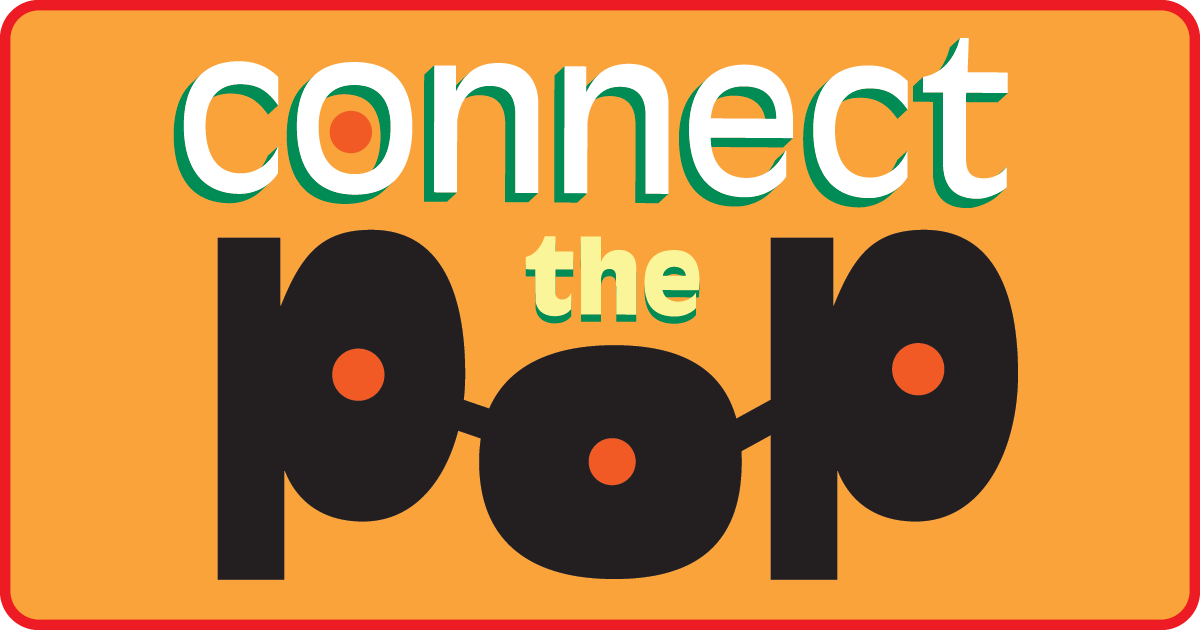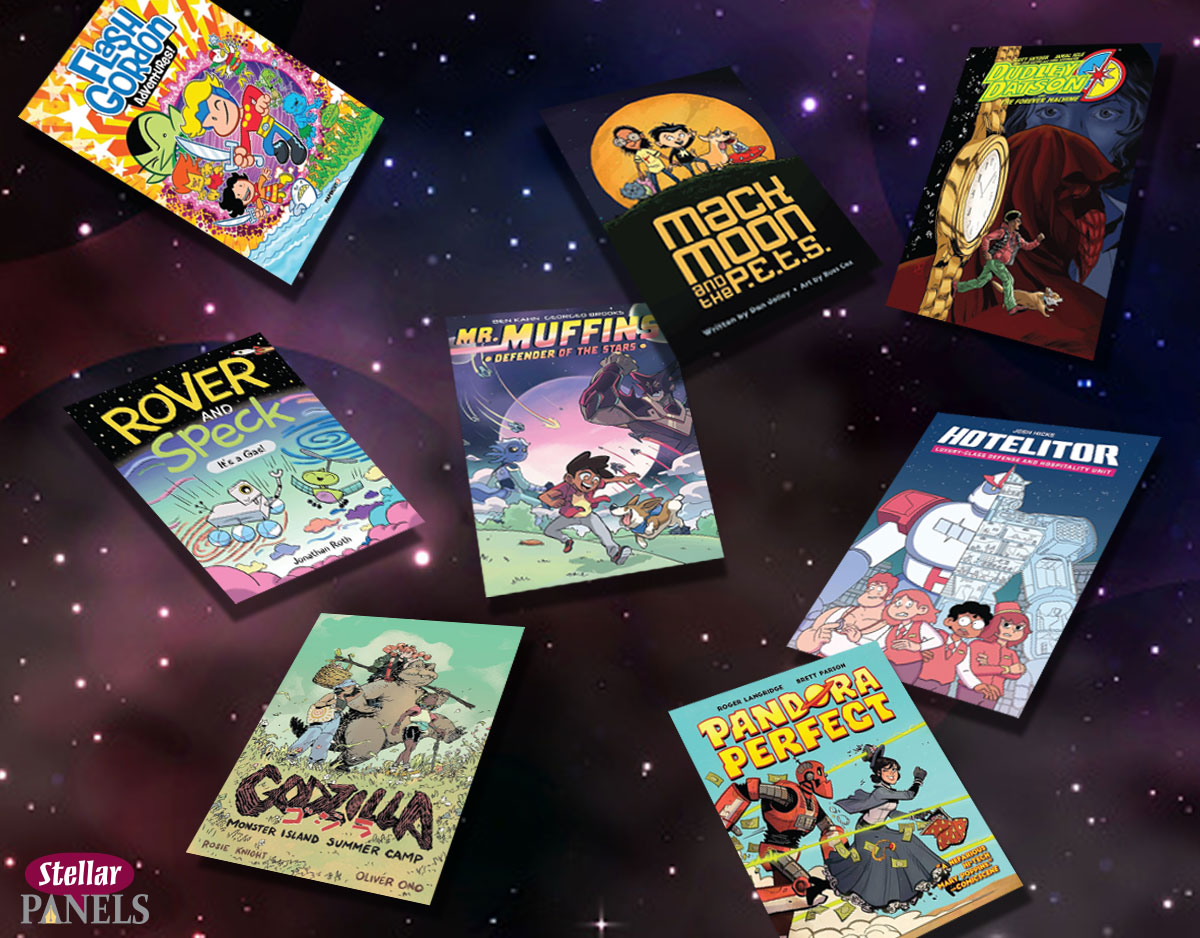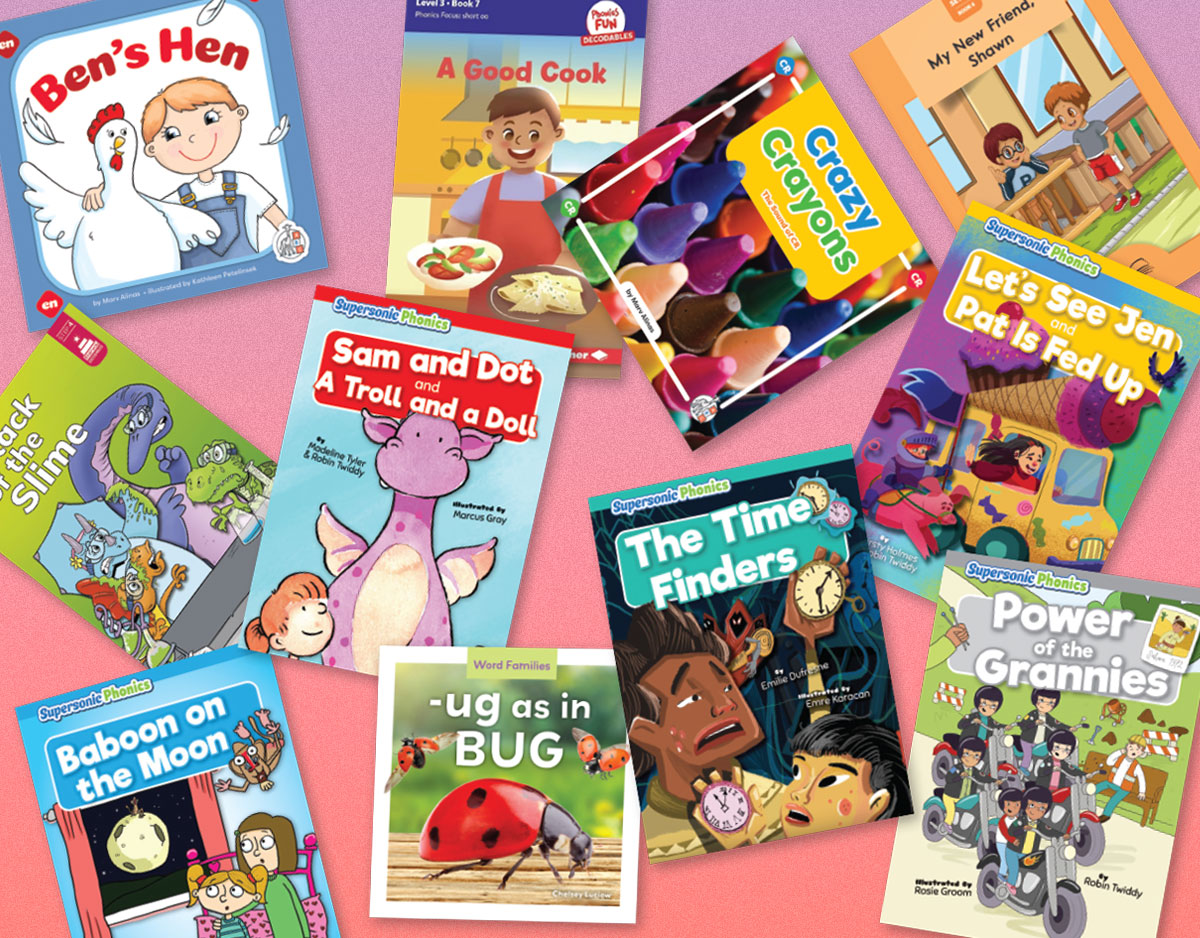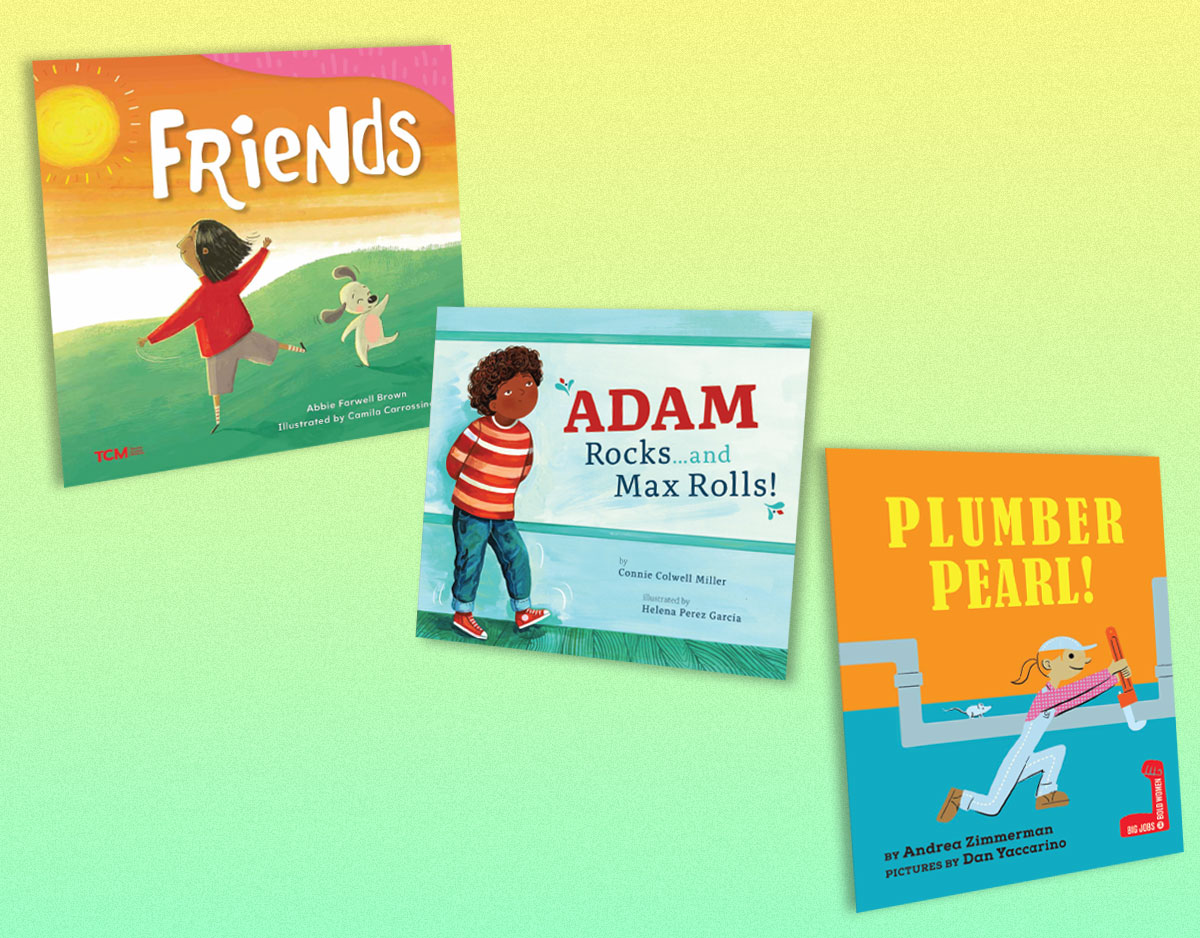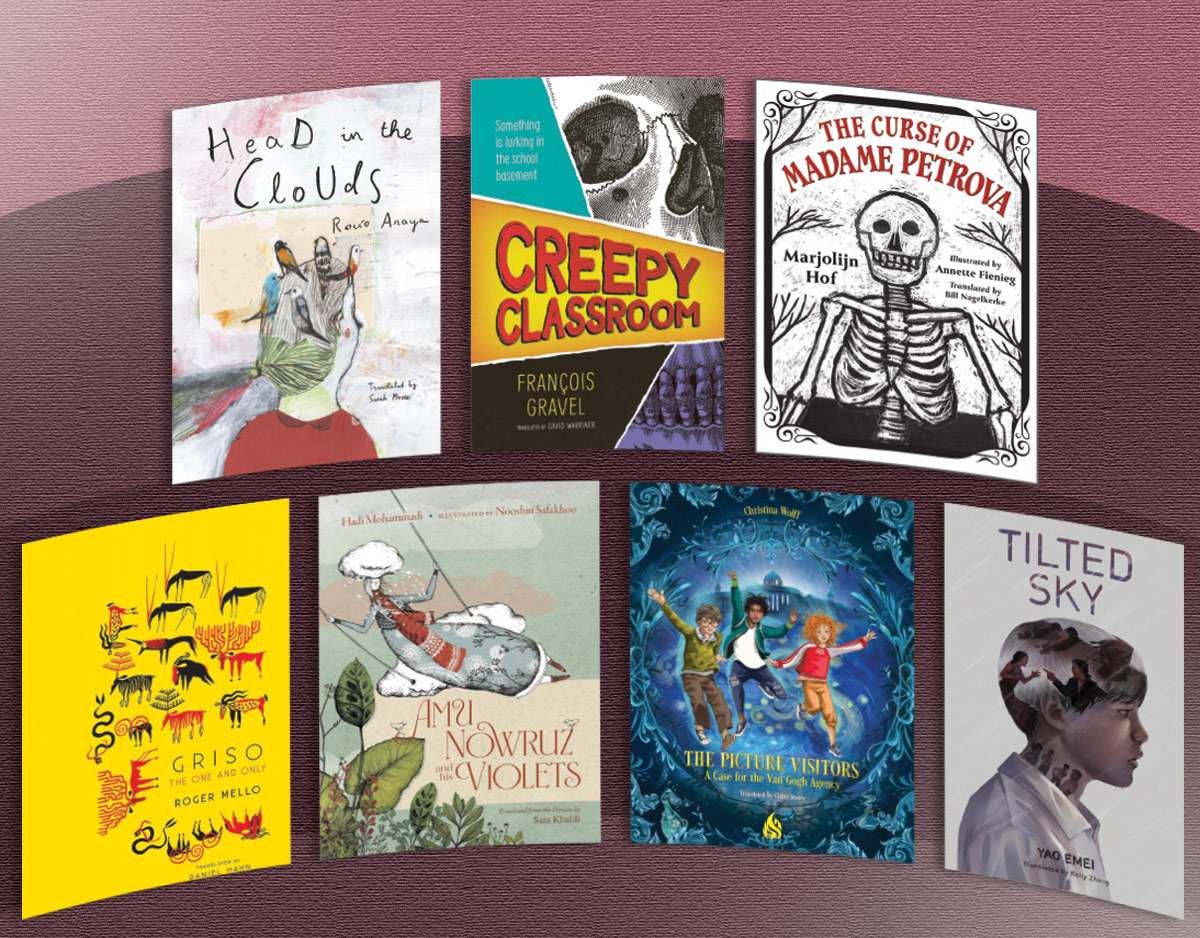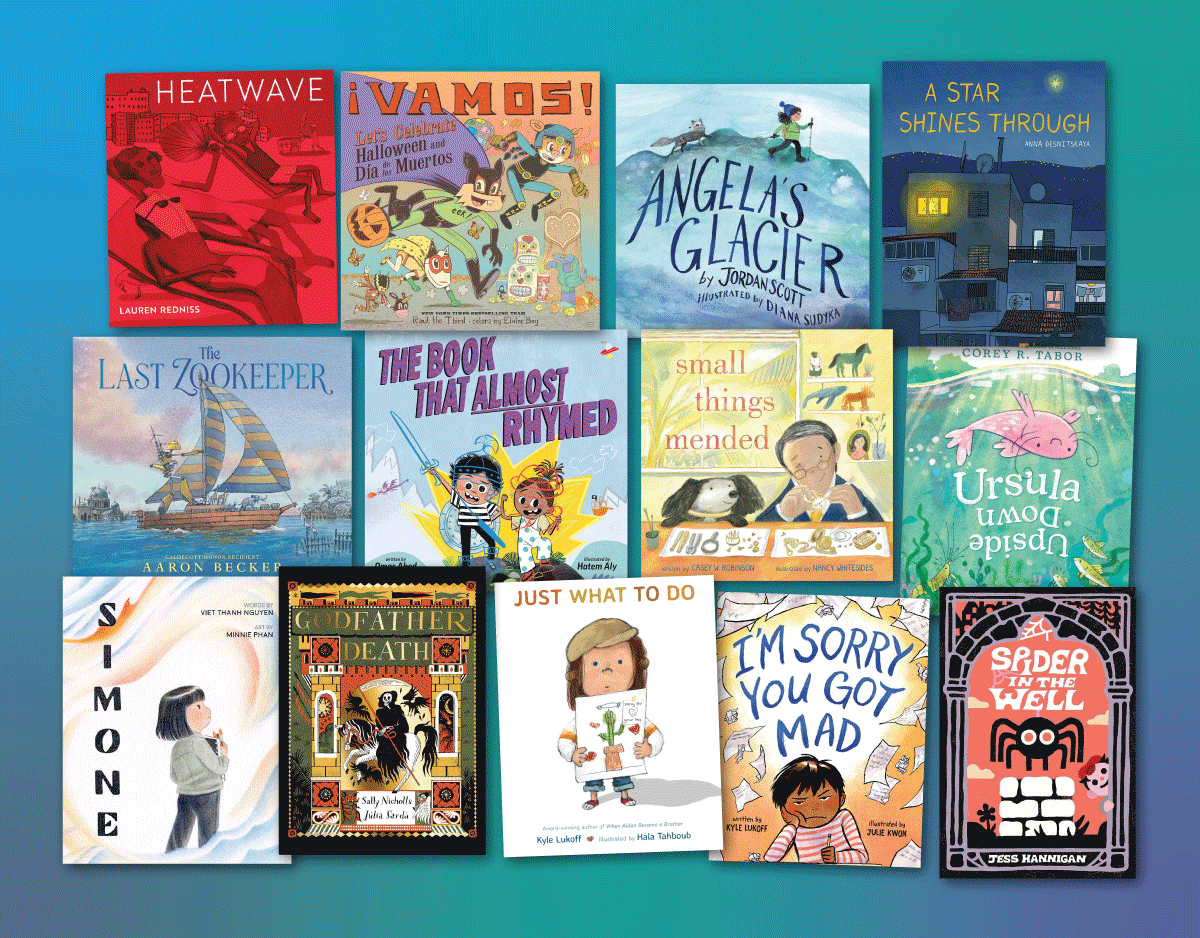SCROLL DOWN TO READ THE POST
Guest Post by Gabrielle Bondi… Five Things Readers and Fans Don’t Know About YA Movies But Should (Part 2)
[For the first three points, please check the previous part of this post. Thanks! -Peter]
Trends and marketability are crucial when it comes to studios deciding what titles to put into production, and there are many ways they can help or hurt an adaptation. At the moment, dystopia is very popular in YA while The Hunger Games has proven that dystopia is more-than-welcomed on screen. That’s why it’s no surprise that Veronica Roth’s Divergent, another popular YA dystopian story, is heading toward production. If Divergent proves to be a success, it could brighten the prospects of other favorite YA dystopian titles that have been optioned.
In Point 2, I relayed how important the talent behind the project can be. An even more important element is the book’s content. Readers should ask themselves these questions: What is it about? What does it have that will lure audiences? Who is its target audience? Is there a demand for this content?
ADVERTISEMENT
ADVERTISEMENT
Here’s what I mean: If one is reading a dystopian book that has been optioned, yes, it’s definitely on a studio’s interest list. There’s a demand for dystopia partly because it can reach and connect with a large audience… that goes far beyond YA fans. Reading about vampires? Sorry, then. With the final Twilight movie now released, interest may be waning. Movie audiences just don’t seem that enamored with vampires anymore.
 My favorite example, especially with YA, is fairies. Besides straight-to-DVD movies and Tinkerbell, how many movies are centered around fairies? I can only think of one. There’s lots of great and well-written YA about fairies, don’t get me wrong. Yet Hollywood and audiences alike are not taken with these magical creatures. This was proved that late last year when Universal dropped Melissa Marr’s very popular YA novel about fae, Wicked Lovely. Therefore, asking readers to try to look at the books they love objectively and ask themselves these questions is an easy way to achieve appropriate expectations.
My favorite example, especially with YA, is fairies. Besides straight-to-DVD movies and Tinkerbell, how many movies are centered around fairies? I can only think of one. There’s lots of great and well-written YA about fairies, don’t get me wrong. Yet Hollywood and audiences alike are not taken with these magical creatures. This was proved that late last year when Universal dropped Melissa Marr’s very popular YA novel about fae, Wicked Lovely. Therefore, asking readers to try to look at the books they love objectively and ask themselves these questions is an easy way to achieve appropriate expectations.
This all goes in hand with marketability. Basically, if it’s hard to market, it’s hard to sell, which means there’s likelihood that the project won’t make money. As much as there’s an artistic side to Hollywood, there’s also a side that cares only about the bottom line. The Twilight and Harry Potter juggernauts have wowed studios, and they’re gunning to recreate that success with other titles. The right timing and a story with the right components can, together, lead to a highly marketable film.
5. “The movie will ruin the book!” No, it won’t.
While many fans are busy celebrating that their favorite book might be becoming a movie, there’s always those who look at adaptation news with disdain. Fans shouldn’t be blamed for being skeptical about adaptations. There have been many bad ones, but on the flip side, there have been great ones! It all comes down to the reader judging the movie adaptation fairly.
ADVERTISEMENT
ADVERTISEMENT
For the last two Harry Potter films, I was able to get coveted test screening invites. Studios like to screen an unfinished movie months ahead of time to get an audience’s input on any changes that could enhance the film. After leaving the test screening for Harry Potter and the Deathly Hallows Pt. 1, I tweeted a short reaction and was bombarded with hundreds of new followers and questions asking if this or that part from the book is the movie. I was literally asked about every scene in the book. It became clear that if many readers had it their way, movie adaptations would be a play-by-play of every single event in the book. Because adaptations aren’t like that, I quite frequently hear “No! The movie will ruin the book!” That is preposterous because nothing can ruin the book. Nothing about that book in the reader’s hands will change. It will always be there.
That’s why it is essential for fans to understand that movies are a different medium of storytelling than literature. What can work marvelously in a book sometimes can’t be done on screen, and vice versa. Cuts and additions of scenes, characters, etc. are usually necessary to tell a story better cinematically. An adaptation isn’t bad if it’s missing a scene or character; as long as it captures the essence of the story, it’s a success. I’m always reminding friends and fellow readers that comparing the book to the movie is inevitable, but that they should try to distance the two and appreciate each art form on its own terms.
As an avid film buff and YA reader, I know what it’s like to get super excited about a YA adaptation. It’s a way for readers to hold on to a story they love for longer. But the past few years have taught me much about YA and the movie industry and how to manage my, at times, unrealistic expectations. I hope these five points help you inform young YA readers on what to expect and encourage them to learn about more movies and how they come to be.
###
 Gabrielle Bondi is a co-founder and writer for TheYoungFolks.com, a website dedicated to giving readers youthful perspectives on film, TV, music, books and more. (There you can find a list of 50+ popular YA books and their movie adaptation status.) She lives in Chicago, where she splits her time between writing, reading (mostly YA), and watching movies. She also spends a lot of time of tweeting; you can follow her on Twitter at @GabrielleAdelle.
Gabrielle Bondi is a co-founder and writer for TheYoungFolks.com, a website dedicated to giving readers youthful perspectives on film, TV, music, books and more. (There you can find a list of 50+ popular YA books and their movie adaptation status.) She lives in Chicago, where she splits her time between writing, reading (mostly YA), and watching movies. She also spends a lot of time of tweeting; you can follow her on Twitter at @GabrielleAdelle.
Filed under: Fandom, Media Literacy, Movies, Transliteracy, YA Literature
About Peter Gutierrez
A former middle school teacher, Peter Gutierrez has spent the past 20 years developing curriculum as well as working in, and writing about, various branches of pop culture. You can sample way too many of his thoughts about media and media literacy via Twitter: @Peter_Gutierrez
ADVERTISEMENT
SLJ Blog Network
Coming Soon: The Top 10 Posts of 2024
31 Days, 31 Lists: 2024 Fantasy Books for Kids
Exclusive: Papercutz to Publish Mike Kunkel’s Herobear | News and Preview
Take Five: 2024 Middle Grade Native American Books
The Classroom Bookshelf is Moving
ADVERTISEMENT
ADVERTISEMENT

